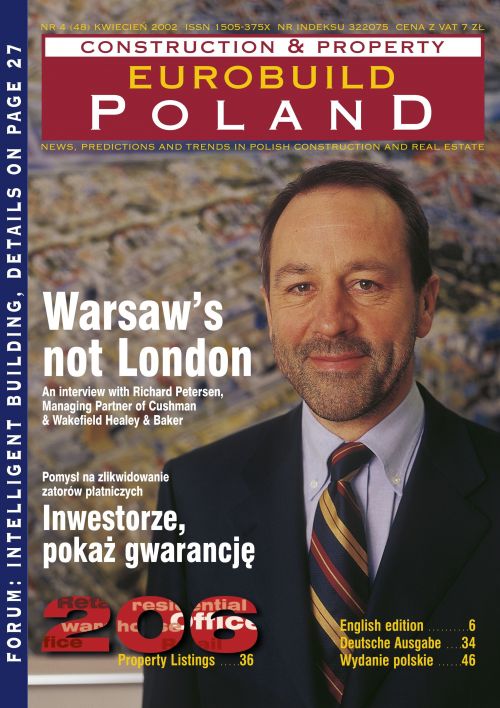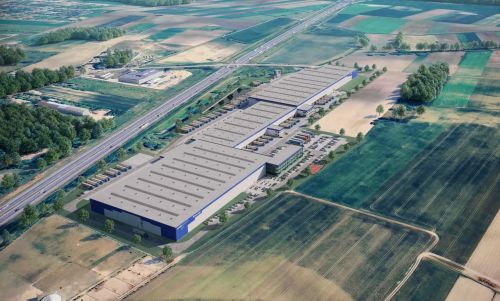Okęcie tender postponed again
The tender deadline for construction of the 2nd terminal at Warsaw's
Okęcie International Airport has been pushed back for the second time.
Tender applications must now be handed in by 15th May 2002. According to
the Polish Airport Authority (PPL) the dates have been changed because
of the introduction of new tender conditions. According to the points
system by which the winner is decided, cost will carry greater weight in
the decision making process with 50 points out of a maximum 100
allocated to price rather than the previous 40. Budimex, Hochtief and
Strabag are the 3 firms involved at this stage of the tender process.
This change in the tender criteria is in line with the government's
emphasis on cutting cost as a major priority in state sponsored
construction projects.
According to recent press reports PPL have had trouble attracting
financing for the project, although they deny this. PPL says that there
is a list of




























































